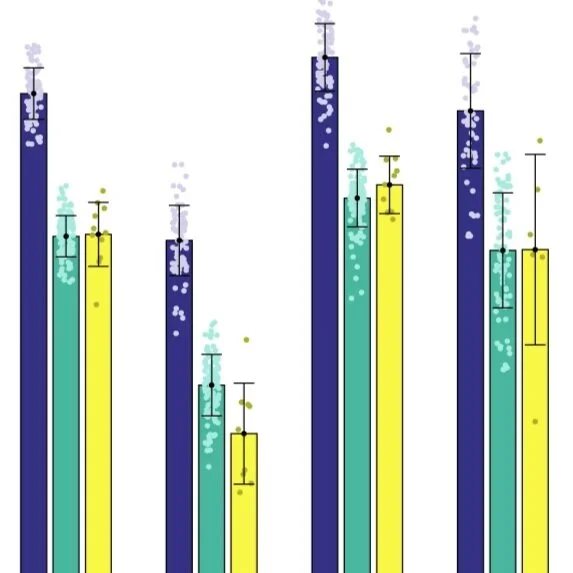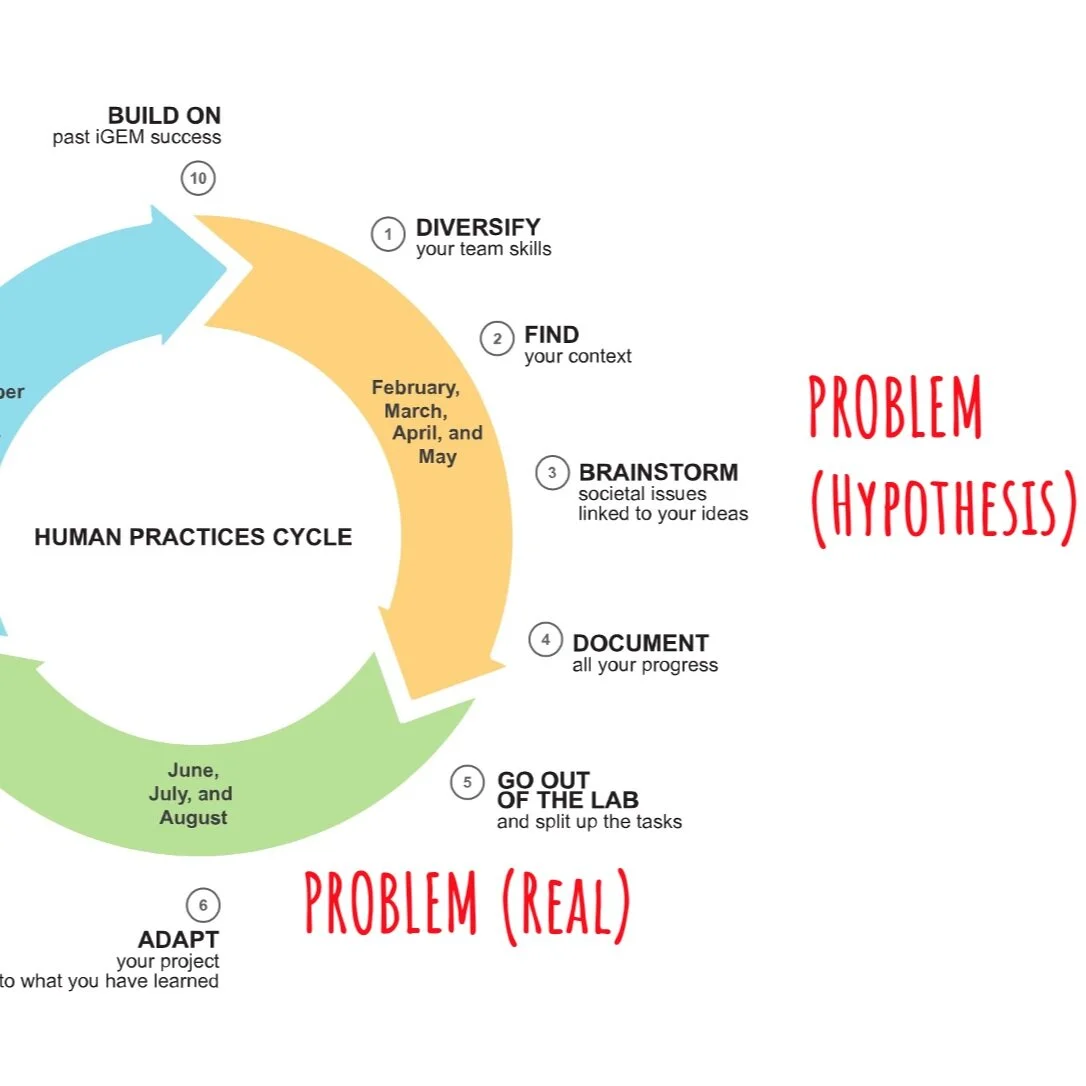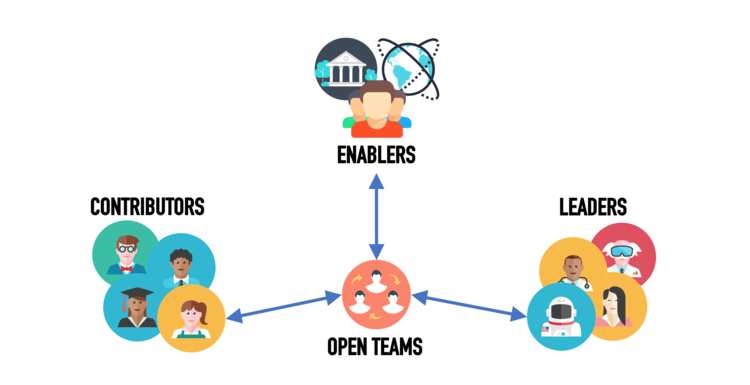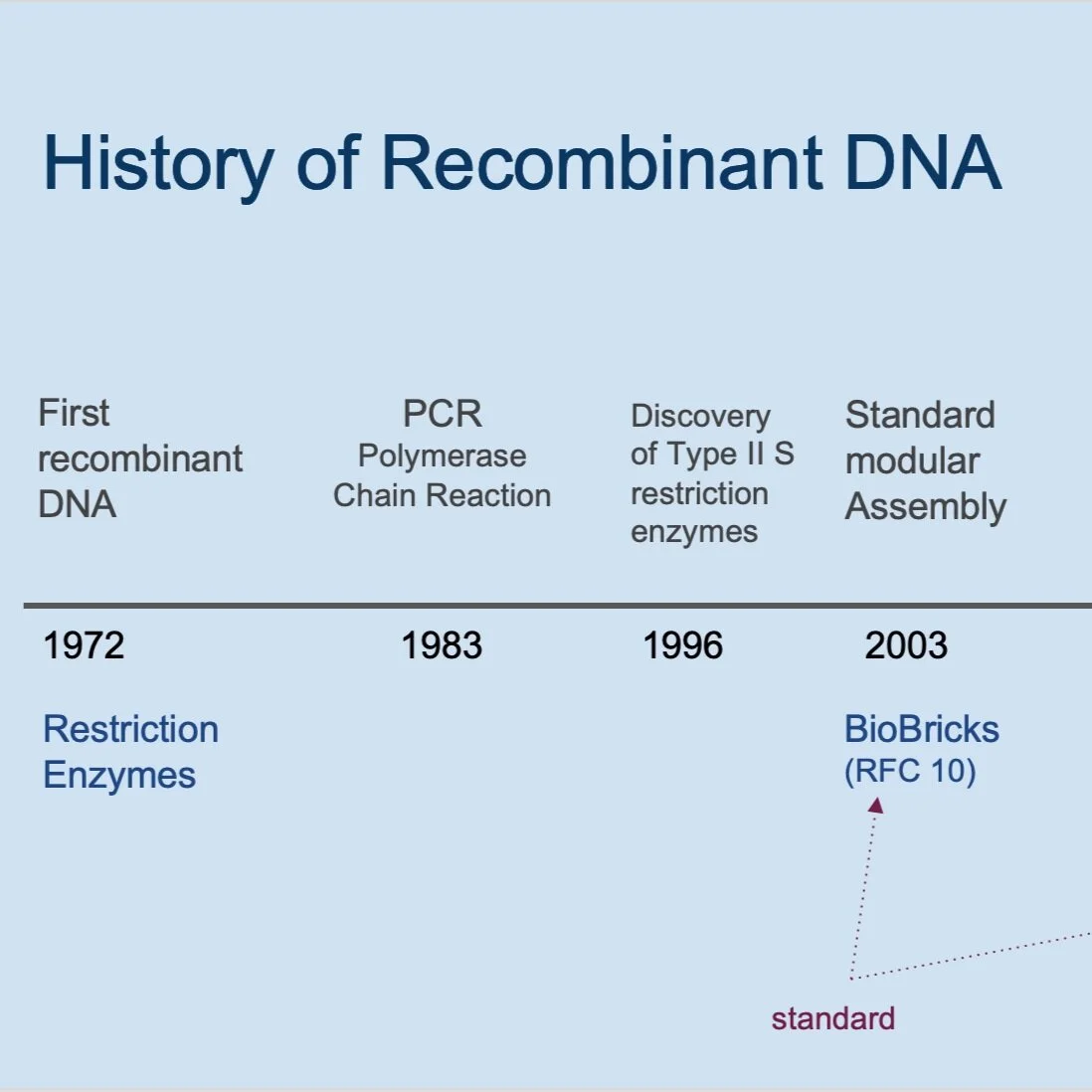The iGEM 2018 Interlab study, which was just published in Nature Communications Biology, presents a cheap and easy protocol for estimating cell count and per-cell fluorescence on plate readers.
Welcome!
This blog is where we share stories, announcements, and insights from around the iGEM community.





















